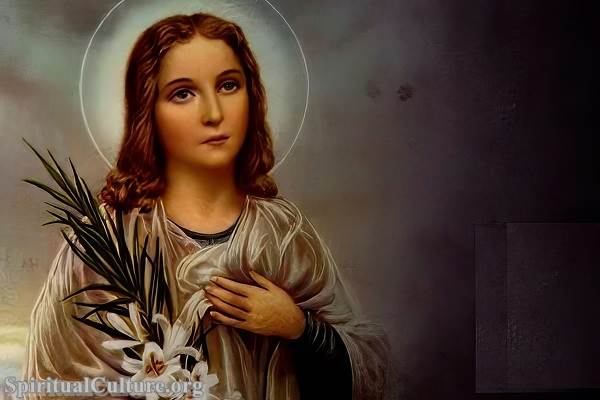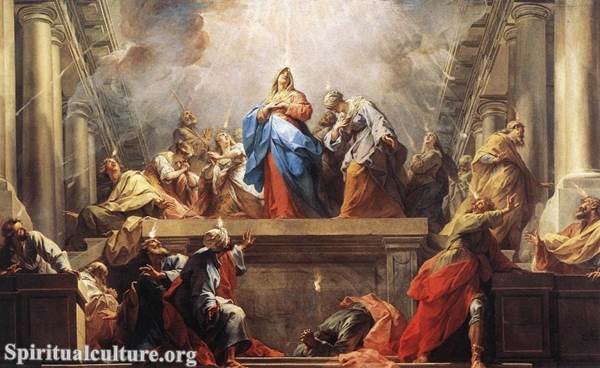The Holy Spirit is an integral part of the Christian faith, particularly in Catholicism, where it is one of the three persons of the Holy Trinity alongside God the Father and God the Son (Jesus Christ). The Holy Spirit is often depicted as a dove, symbolizing peace and purity. This divine entity is associated with various roles, including the bringer of life, the source of sanctification, and the spiritual presence of God in the world and within the human soul.
Catholicism and the Holy Spirit
In Catholicism, the Holy Spirit holds a prominent place. From the sacraments to the liturgy, the Holy Spirit’s influence is vast and pervasive. The Holy Spirit is considered the “Giver of Life,” as stated in the Nicene Creed, a profession of faith widely used in the Catholic Church. The Holy Spirit is also seen as the sanctifier, the one who makes holy or sanctifies the believers, helping them to grow in the likeness of Christ.
In the Catholic Church, the Holy Spirit is primarily celebrated on Pentecost, a feast commemorating the descent of the Holy Spirit upon the Apostles and other followers of Jesus. This event, occurring fifty days after the Resurrection of Jesus, marks the birth of the Church. It is during this feast that the transformative power of the Holy Spirit is most profoundly celebrated.
The Holy Spirit in Catholic Teaching
Catholic teaching emphasizes the role of the Holy Spirit in the life of a believer. The Holy Spirit is understood as the one who guides and enlightens the faithful, helping them to interpret the teachings of the Church and the Scriptures correctly. The Catechism of the Catholic Church states, “No one comprehends the thoughts of God except the Spirit of God” (1 Corinthians 2:11). This underscores the role of the Holy Spirit as the divine interpreter, guiding the faithful in their understanding of God’s will.
The Holy Spirit is also linked to the sacraments, particularly in Baptism and Confirmation. In Baptism, the Holy Spirit is believed to remove the original sin and make the person a part of the Church. In Confirmation, the Holy Spirit is said to strengthen the person’s faith, equipping them to bear witness to Christ.
The Gifts and Fruits of the Holy Spirit
The Holy Spirit is also associated with spiritual gifts and fruits. According to the Catholic tradition, the Holy Spirit bestows seven gifts upon the faithful: wisdom, understanding, counsel, fortitude, knowledge, piety, and fear of the Lord. These gifts are believed to equip the believer for a life of faith and service.
The fruits of the Holy Spirit, as outlined in Galatians 5:22-23, are love, joy, peace, patience, kindness, goodness, faithfulness, gentleness, and self-control. These are the qualities that manifest in the lives of those who live in accordance with the Spirit.
The Holy Spirit and the Catholic Community
The Holy Spirit is not just about individual believers; it is also about the community. In Catholic theology, the Holy Spirit is seen as the bond of love between the Father and the Son, and likewise, the Holy Spirit unites the Church. The Spirit creates unity, bringing together diverse people into one body – the Body of Christ.
In conclusion, the Holy Spirit in Catholicism is not a vague or abstract concept but a vital reality, an active and dynamic presence in the life of the Church and its members. The Holy Spirit guides, sanctifies, empowers, and unites the faithful, leading them deeper into the mystery of God’s love revealed in Christ. As Catholics, understanding and embracing the role of the Holy Spirit can lead to a more profound and vibrant faith.


